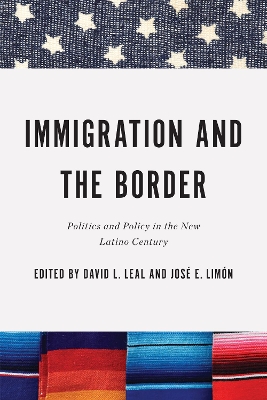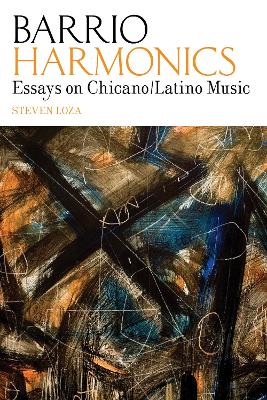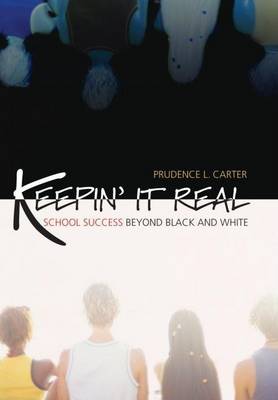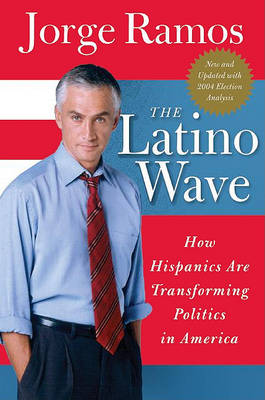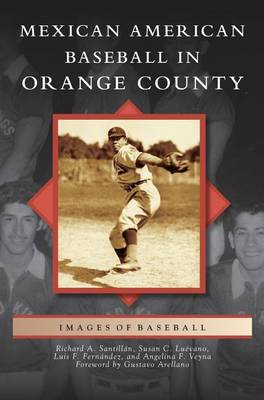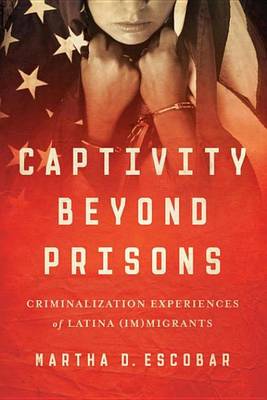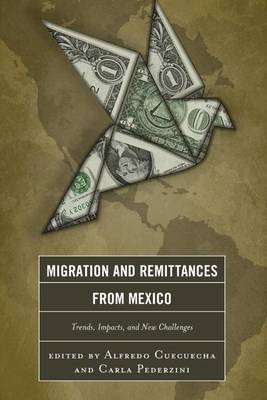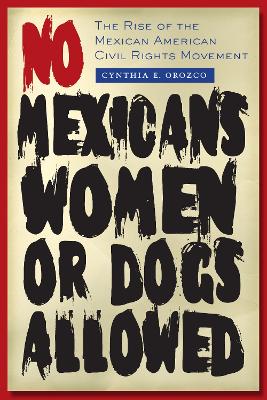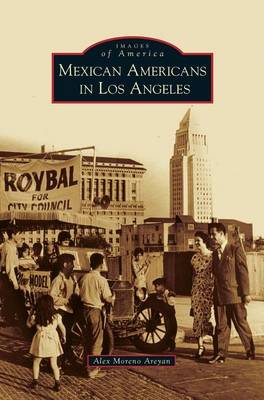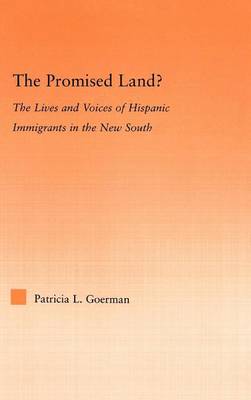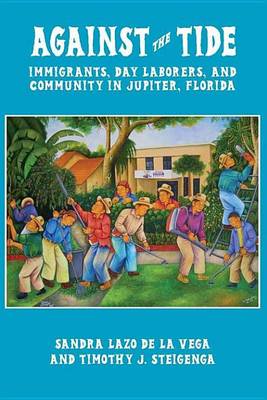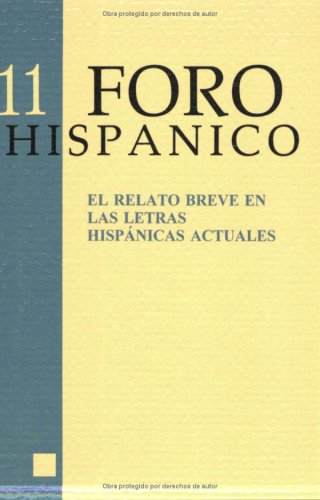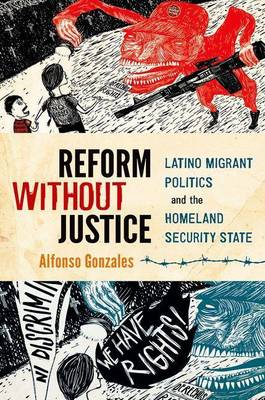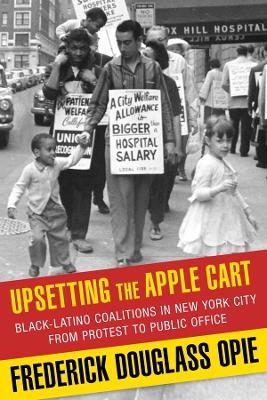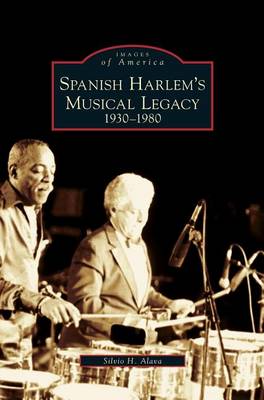The advent of the twenty-first century marks a significant moment in the history of Latinos in the United States. The “fourth wave” of immigration to America is primarily Latino, and the last decades of the twentieth century saw a significant increase in the number of Latino migrants, a diversification of the nations contributing to this migration, and an increase in the size of the native-born Latino population. A backlash against unauthorized immigration, which may indict all Latinos, is also...
This collection explores Chicano, Mexican, and Cuban musical forms and styles and their transformation in the United States. Employing musical, historical, and sociocultural analyses, Loza addresses issues such as marginality, identity, intercultural conflict and aesthetics, reinterpretation, postnationalism, and mestizaje-the mixing of race and culture-in the production and reception of Chicano/Latino music. Barrio Harmonics opens with a comprehensive overview that begins with music in the US...
Stories from the front line of the war in El Salvador are juxtaposed with tales of Hollywood-mythological childhood, and the history of Los Angeles, the city-stage where today many of the world’s political, cultural and aesthetic battles take place—both symbolically and literally. The parade of characters ranges from Latin American revolutionaries in exile to hip-hop teens in the US inner city; the endless “changing of the guard” in a transitional generation which came too late for Che Guevara a...
Why do so many African American and Latino students perform worse than their Asian and White peers in classes and on exams? And why are they dropping out of school at higher rates? Common wisdom holds that racial stratification leads African American and Latino students to rebel against "acting white," thus dooming themselves to lower levels of scholastic, economic, and social achievement. But is this true? Do minority students reject certain practices, such as excelling in school, and thus thei...
Puerto Rican Soldiers and Second-Class Citizenship
by Manuel G Aviles-Santiago
With a population of 40 million and growing, the United States witnessed Latinos becoming the largest minority in America in 2003--creating a voting bloc with the potential to determine the outcome of elections throughout the nation. In The Latino Wave, award-winning journalist Jorge Ramos argues that the political party that can correctly understand the wants and needs of Hispanics will triumph at the polls. Ramos deftly clarifies these points, among many others, and explains why it's necessa...
Mexican American Baseball in Orange County
by Richard A Santillan, Susan C Luevano, and Luis F Fernandez
Today the United States leads the world in incarceration rates. The country increasingly relies on the prison system as a “fix” for the regulation of societal issues. Captivity Beyond Prisons is the first full-length book to explicitly link prisons and incarceration to the criminalization of Latina (im)migrants. Starting in the 1990s, the United States saw tremendous expansion in the number of imprisoned (im)migrants, specifically Latinas/os. Consequently, there was also an increase in the numbe...
Migration and Remittances from Mexico: Trends, Impacts, and New Challenges, edited by Alfredo Cuecuecha and Carla Pederzini, compiles twelve articles on the migration phenomenon from Mexico and other Latin American countries to the United States. The first part of the book provides an overview of three recent surveys, all carried out in Mexico. The surveys consider international migration flows from Mexico to the United States, the characteristics of migrants, and some of the causes and effects...
Founded by Mexican American men in 1929, the League of United Latin-American Citizens (LULAC) has usually been judged according to Chicano nationalist standards of the late 1960s and 1970s. Drawing on extensive archival research, including the personal papers of Alonso S. Perales and Adela Sloss-Vento, No Mexicans, Women, or Dogs Allowed presents the history of LULAC in a new light, restoring its early twentieth-century context. Cynthia Orozco also provides evidence that perceptions of LULAC as...
Across the United States, the issue of immigration has generated rancorous debate and divided communities. Many states and municipalities have passed restrictive legislation that erodes any sense of community. Against the Tide tells the story of Jupiter, Florida, a coastal town of approximately 50,000 that has taken a different path. At the beginning of the twenty-first century, Jupiter was in the throes of immigration debates. A decade earlier, this small town had experienced an influx of m...
El relato breve en las letras hispanicas actuales (Foro Hispanico, #11)
En este numero se reunen nueve articulos ineditos sobre aspectos del relato breve (cuento y miccorrelato) en la literatura espanola e hispanoamericana del ultimo cuarto del siglo XX. Encabezan el volumen tres colaboraciones, agrupadas juntas sea por ser de orientacion esencialmente teorica e historica, sea por presentar una vision de conjunto de un genero en un pais. Los seis articulos que siguen son comentarios a obras particulares. Los nueve trabajos son representativos al constituir un conjun...
Literaturas de Espana 1975-1998 (Foro Hispanico, #14)
Esas Ninas Cuando Crecen, ?Donde Van a Parar? (Texto y Teoria: Estudios Culturales, #35)
by Zulema Moret
Reform Without Justice: Latino Migrant Politics and the Homeland Security State
by Assistant Professor of Political Science Alfonso Gonzales
Upsetting the Apple Cart (Columbia History of Urban Life)
by Frederick Douglass Opie
Upsetting the Apple Cart surveys the history of black-Latino coalitions in New York City from 1959 to 1989. In those years, African American and Latino Progressives organized, mobilized, and transformed neighborhoods, workplaces, university campuses, and representative government in the nation's urban capital. Upsetting the Apple Cart makes new contributions to our understanding of protest movements and strikes in the 1960s and 1970s and reveals the little-known role of left-of-center organizati...
